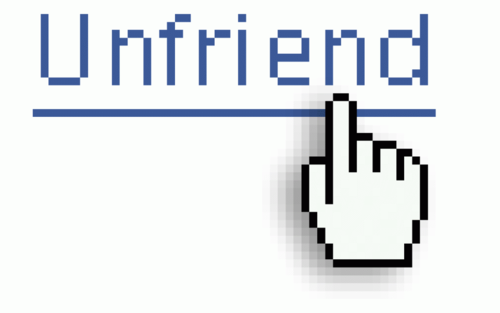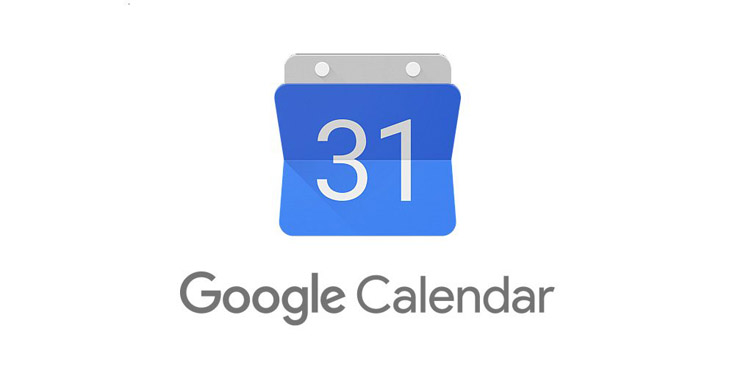
If you’re reading this, you’re probably familiar with the concept of “inbox zero:” the process of maintaining zero (or as few as possible) emails in your inbox. For most people, inbox zero is an exercise in futility. It inevitably devolves into a game of digital whack-a-mole instead of a strategy for mental clarity.
There is, however, another zero-based productivity strategy that’s easier to apply—and far more important.
I call it: Calendar Zero.
Last month, I pointed out that most social “obligations” aren’t actually obligations. I’m talking about happy hours, networking events, parties, meetings without agendas, etc. None of these are inherently bad. But you can only jam your calendar with so much nonsense before your day is dictated entirely by other people.
Let’s be clear: The point of Calendar Zero isn’t to live some utopian 4-Hour Workweek life where you sleep until noon. The point is to create breathing room for the few vital activities that actually move the needle in your life: deep work, exercise, reading, family time. If you’re accepting every calendar invite and attending social functions during the week, that’s not going to happen. Something’s gotta give.
This dilemma isn’t limited to the purview of iPhone-carrying business people in the 21st century. The Stoic philosopher Seneca talks about it in a passage which is equally relevant today as it was 2,000 years ago.
“No person hands out their money, but to how many do each of us hand out our lives? We’re tight-fisted with property and money, yet think too little of wasting time, the one thing about which we should all be the toughest misers.”
On second thought, that passage is more relevant than it was 2,000 years ago. We balk at splitting an Uber or lending money to a friend. But when it comes to our time, we’re lax as can be, squandering it on pointless events, phone calls, and meetings. Ironically, time is the only asset we can’t recoup.
Ryan Holiday, an outspoken calendar purger and author of the forthcoming book Stillness Is the Key echoes this sentiment:
“I want two or three things on [my calendar] at most. The rest is for me. The rest is not allowed to be scheduled. And if it is scheduled, it better be because I’m getting paid or I really, really wanted to do it. Everything else is for suckers.”
This would seem to be common sense: I won’t let somebody else set my agenda. But that enthusiasm gets zapped as soon as you see those invitations. FOMO sets in. You have to preserve your social ties. So you meet for drinks, take the meeting, wander aimlessly. After all, declining these invitations could burn bridges.
Or so we think.
In my experience, rejecting invitations actually engenders more respect than pimping out your schedule just so you can stay relevant. That’s not your ticket to act like a self-important asshole. But it should empower you to carve out large blocks of uninterrupted, unscheduled time to use as you please.
I wouldn’t be able to write, read, exercise, and sleep for eight hours if I wasn’t ruthless about what makes its way onto my calendar. That doesn’t make me a martyr, that’s just the tradeoff I’m willing to make. People wonder why their life isn’t in order while they sit with a drink in their hand at 7 p.m. on a Tuesday.
So, get acquainted with the “reject” button on your calendar. Get comfortable with telling people, “No thanks, I can’t today.”
After all, an inability to say no doesn’t make you busy. It makes you a slave.
Have you read these five books to base your life on? Get the list, plus seven strategies I stole from legendary marketers to promote your work.
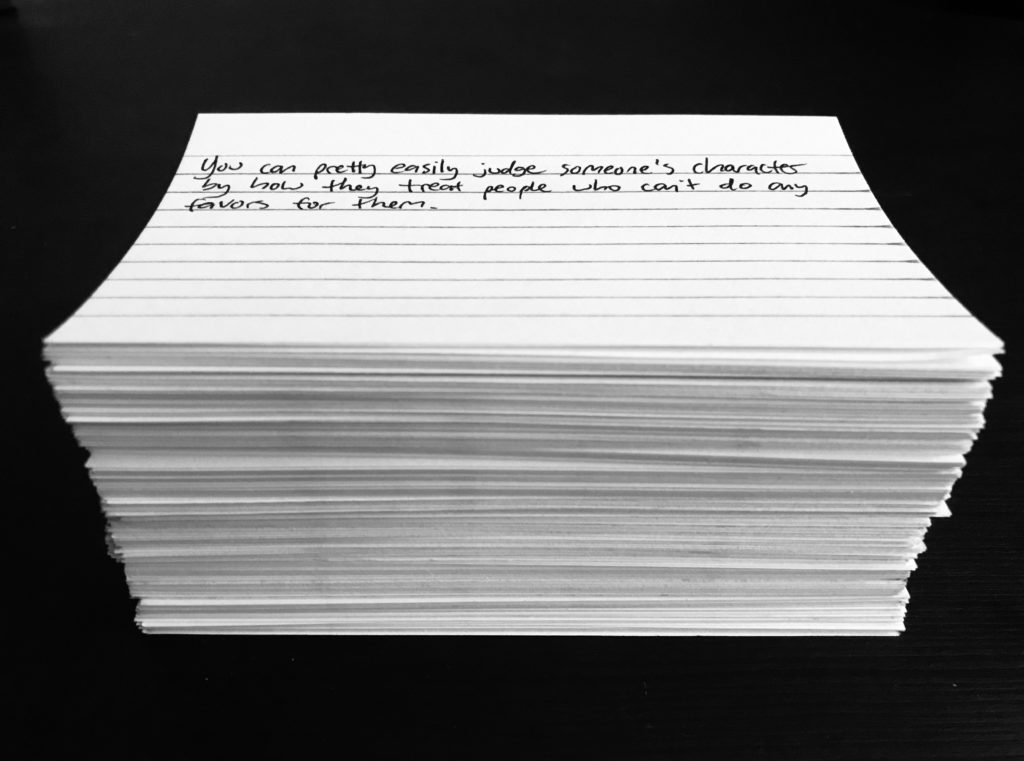
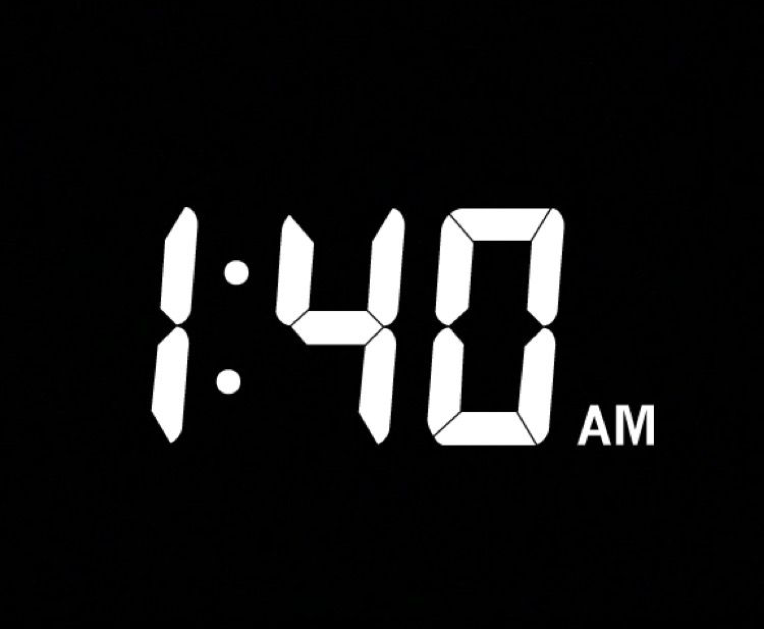
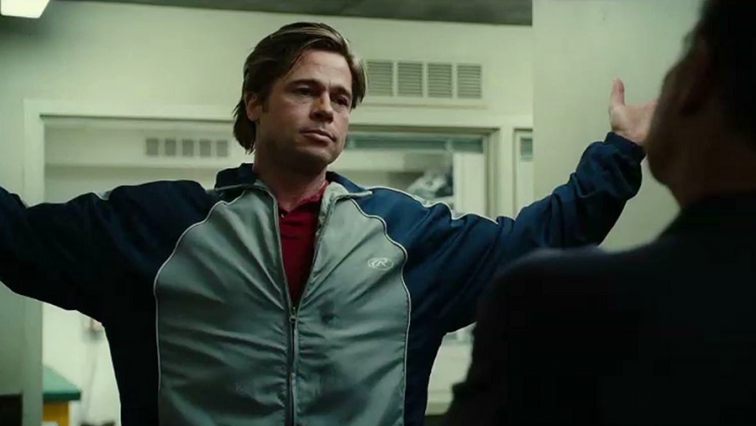
 I do not know what Victor Ramirez did to warrant solitary confinement. Frankly, I do not care. When I decided to participate in
I do not know what Victor Ramirez did to warrant solitary confinement. Frankly, I do not care. When I decided to participate in 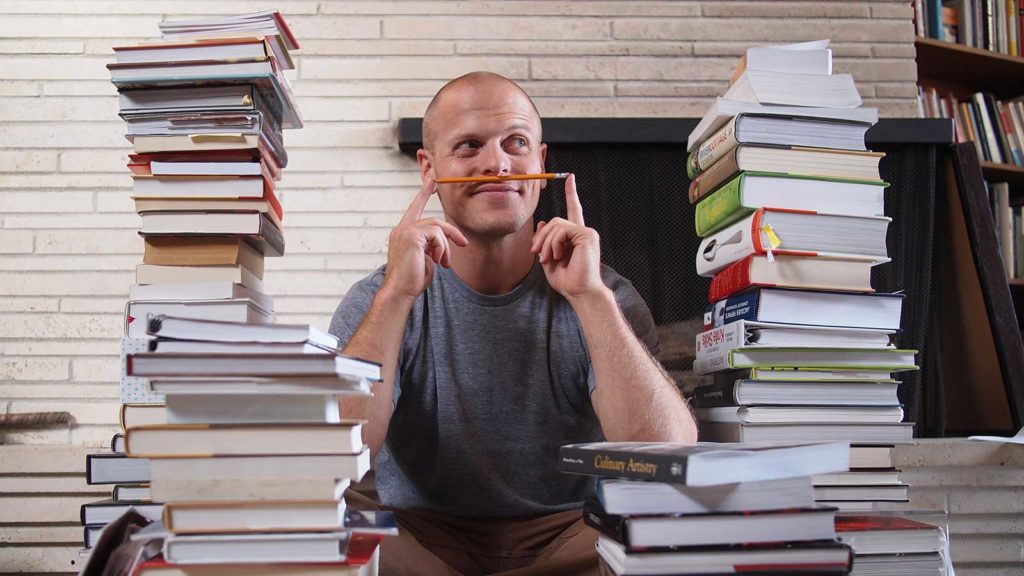

 Whether you think Goldman Sachs is a bastion of evil or doing “God’s work” is irrelevant. Take a step back and consider the situation: this chairman had pockets deeper than the Grand Canyon and a rolodex of the world’s power elite in his pocket. Why would he waste his time with some eager beaver with a mysterious agenda?
Whether you think Goldman Sachs is a bastion of evil or doing “God’s work” is irrelevant. Take a step back and consider the situation: this chairman had pockets deeper than the Grand Canyon and a rolodex of the world’s power elite in his pocket. Why would he waste his time with some eager beaver with a mysterious agenda?

